Sinner: From an Alpine village to the pinnacle of the world, the path home remains unchanged
In professional tennis, achievements are typically quantified by Grand Slam titles, ranking positions, or growing financial assets. However, Jannik Sinner, the 24-year-old Italian talent, teaches us through his journey that a person’s true identity lies not in their trophies but in how they confront success and failure, and in their constant remembrance of their roots.
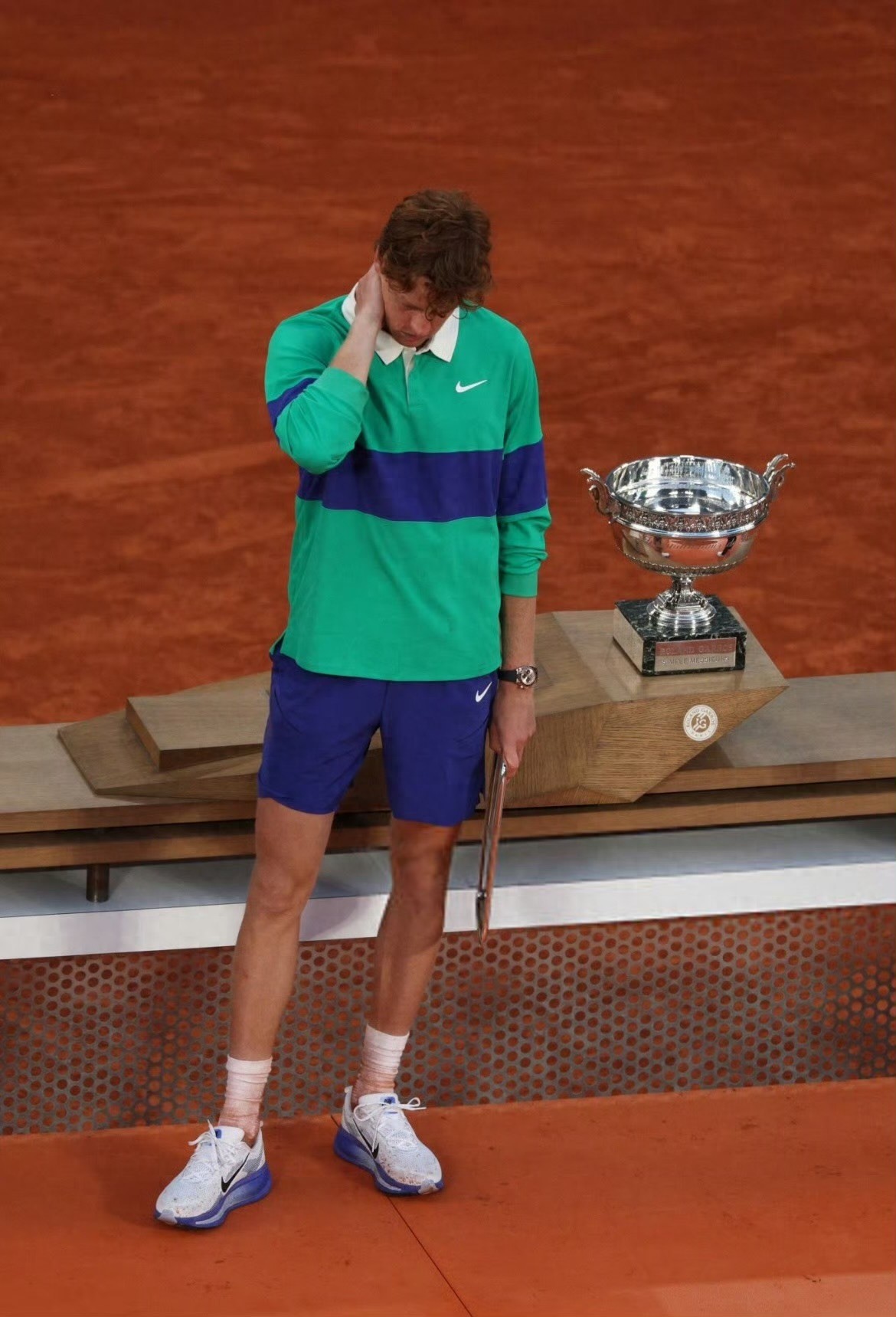
During the French Open final this June, Sinner endured one of the most painful defeats of his career: holding three match points in the fourth set, only to be overturned by Alcaraz. Many might have chosen to avoid reality, shut themselves off, or drown their pain in celebration, but Sinner chose to go home.
He returned to Sesto, a small village at the foot of the Alps in northeastern Italy, slept in his brother’s old room, played cards and board games with relatives, golfed with his father, who is a chef, and drove along mountain roads. “We treat victories and defeats the same way,” he said, “What matters most is that we’re healthy and can enjoy good times together.”

This almost stubborn sense of normalcy is exactly what makes Sinner extraordinary. After winning Wimbledon, an achievement that can change a life, he again chose to return home. No parties, no fanfare—just reintegrating into the simple and genuine world where he grew up.
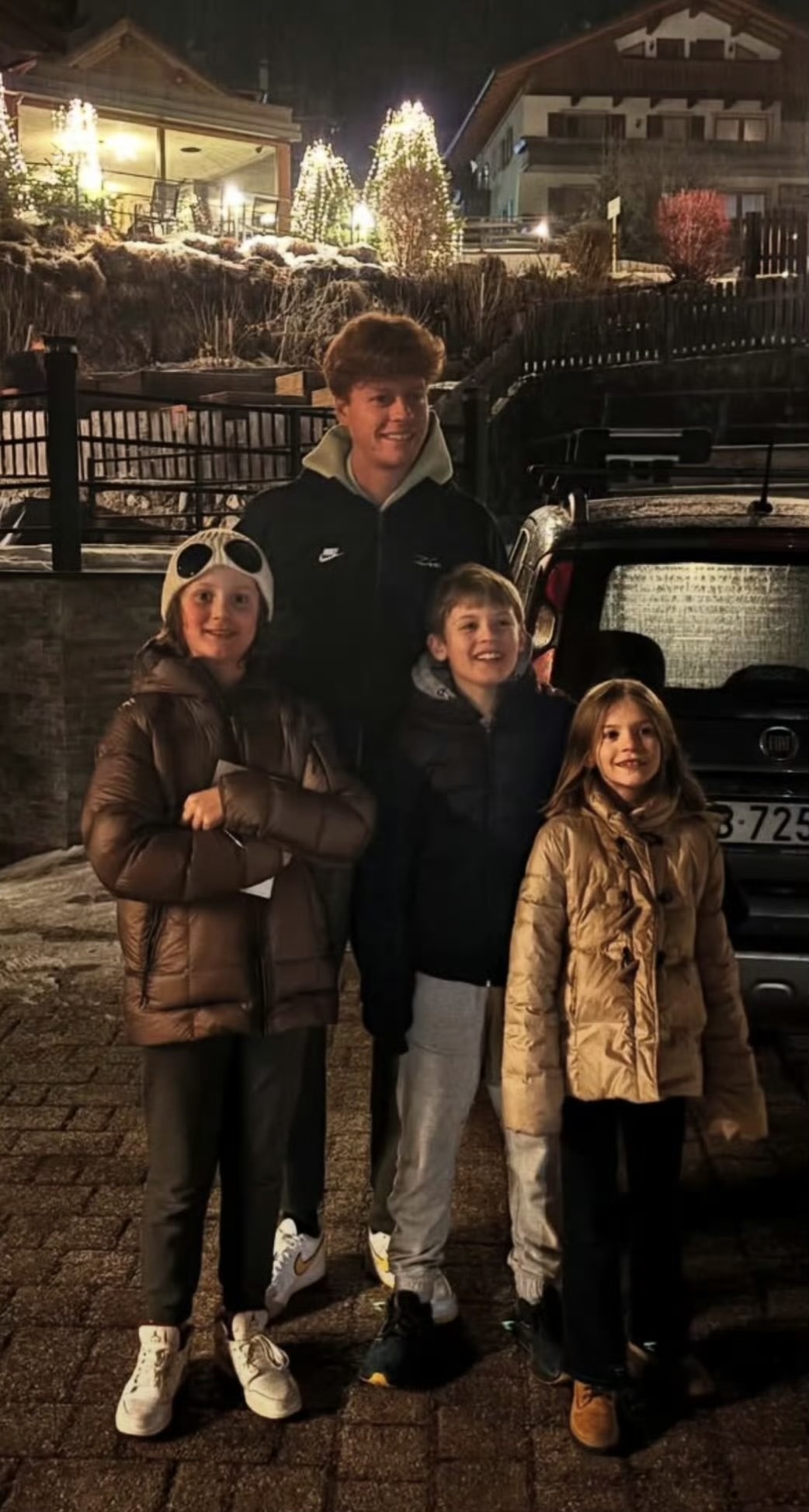
“People always talk about the so-called champion’s mindset,” his coach Vagnozzi said, “The champion’s mindset means stepping up in adversity.” For Sinner, the anchor that allows him to stand firm is the peace and grounding his family provides.
Before last year’s US Open, Sinner faced the toughest challenge of his career: the anti-doping agency announced an investigation after he tested positive twice for the synthetic anabolic steroid Clostebol. Although the arbitration panel ultimately found him “not at fault or negligent,” attributing contamination to a therapist’s ointment, he still had to face global media scrutiny and suspicion from peers.
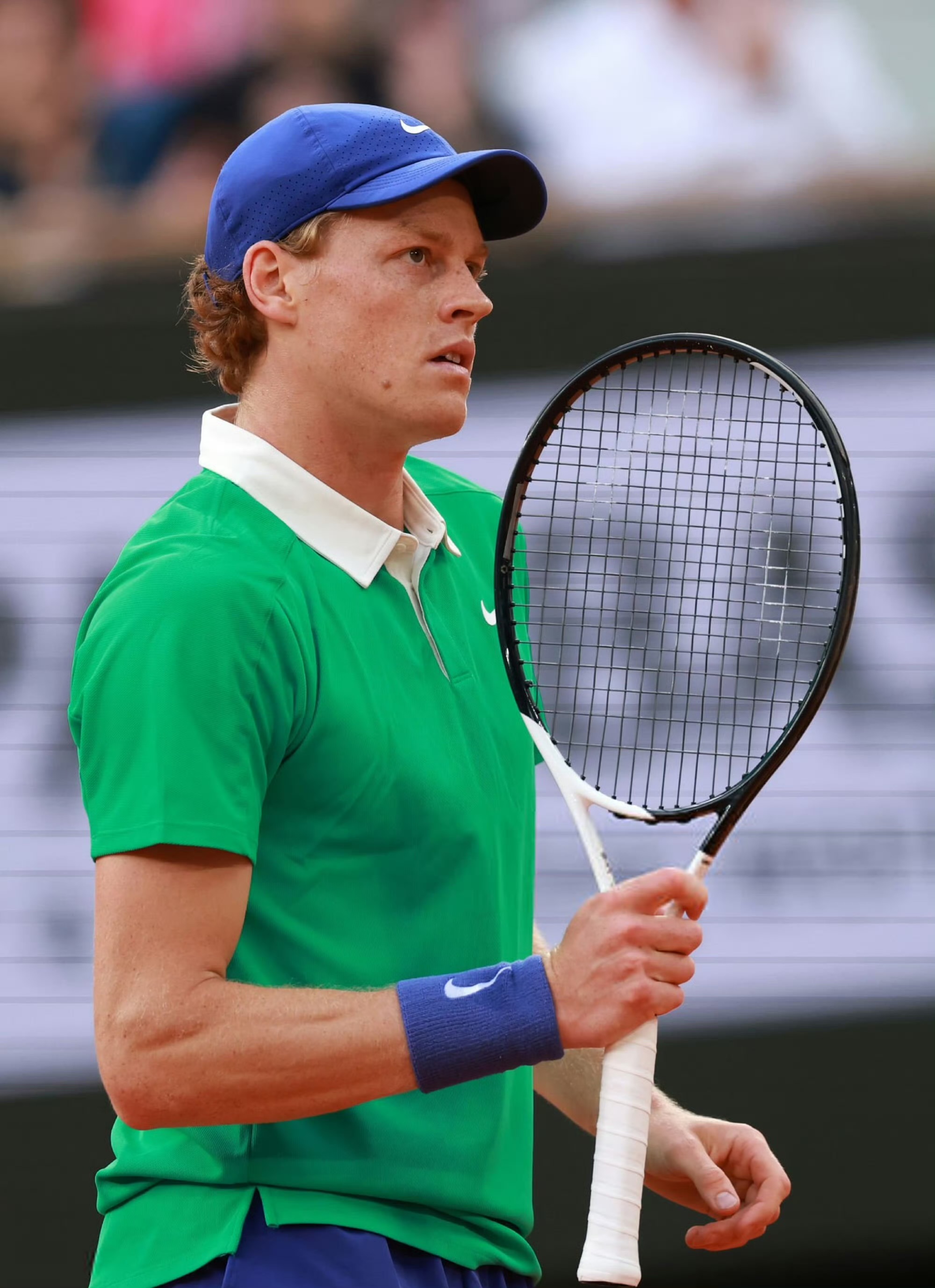
What was even more remarkable was that when the US Open press officers tried to block questions, Sinner stepped forward voluntarily and openly explained everything. He did not evade or complain but chose to confront the issue head-on.
Even when WADA appealed for a two-year ban, he still triumphed at the US Open, the year-end finals, Davis Cup, and Australian Open amid uncertainty. The eventual three-month suspension only made him stronger and more beloved upon his return.
This experience did not break him; instead, it revealed that a champion’s true quality shines not only in good times but is forged even purer through hardship.
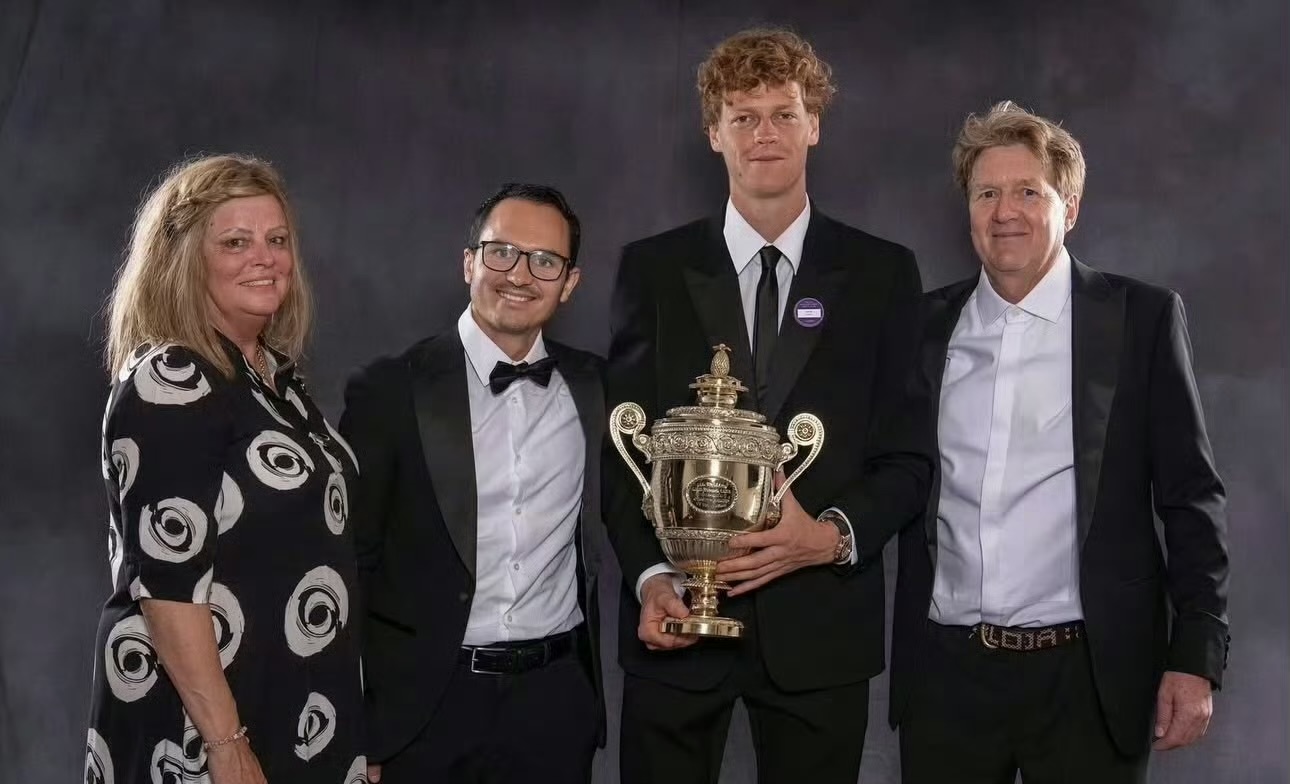
Sinner’s parents are ordinary workers: his father is a chef, his mother a waitress, and his brother a firefighter instructor. They still live in Sesto, busy with their jobs and rarely attending his matches live. “It’s too far and they’re too busy,” Sinner says casually.
He once got frustrated over “spending money and losing matches” until he won the Next Gen Finals at 18 and broke into the world’s top 100, finally supporting his career on his own. Now, with endorsements worth hundreds of millions and nearly fifty million in prize money, his only fear of losing money is when he loses bets on golf games to his coach.
“It’s just a tennis match. The worst that happens is I lose. The next day, we still live a fortunate life.” This phrase is both a comfort to his mother and his philosophy toward tennis and life.
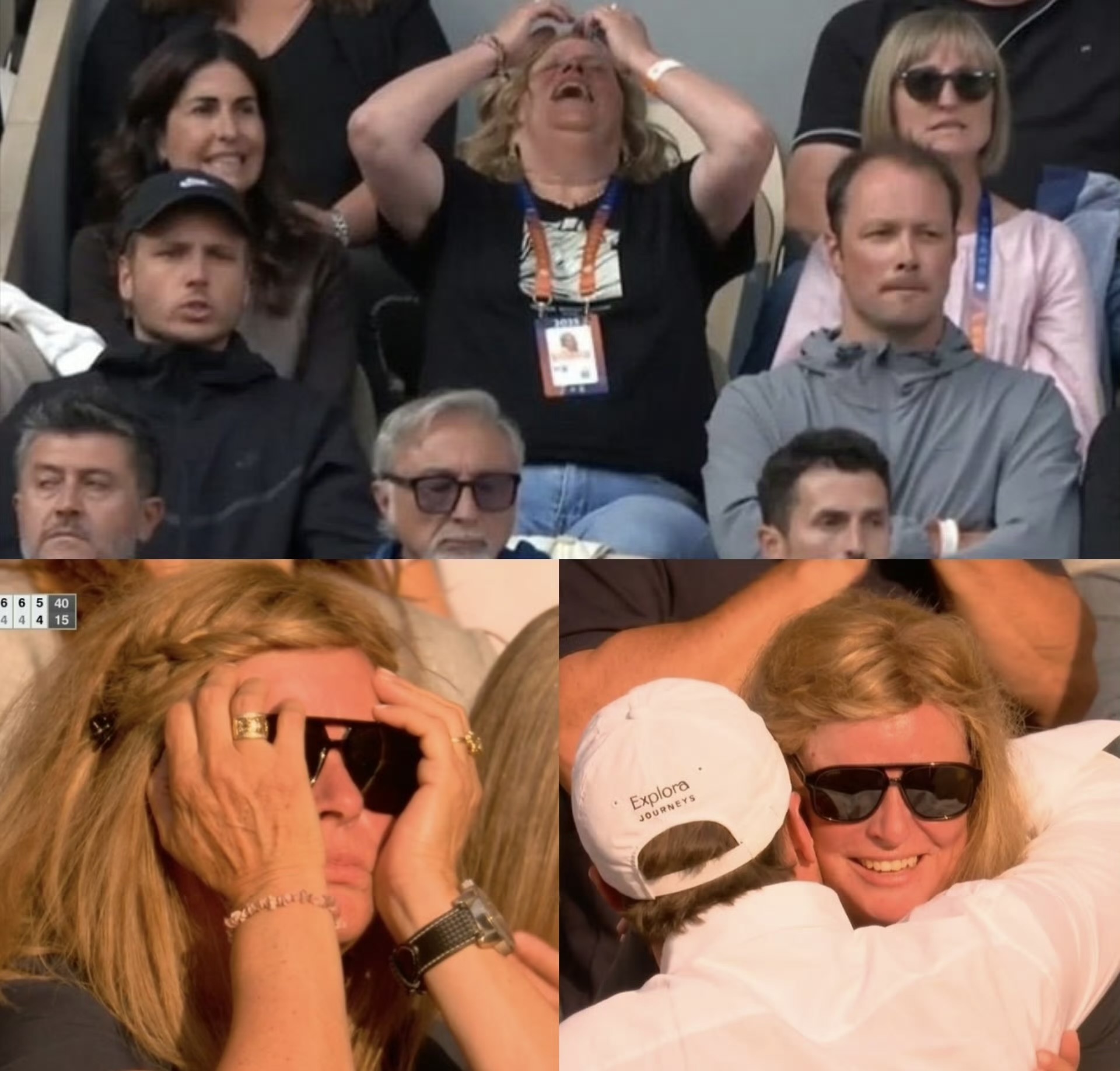
From hitting only cross-court backhands to daring to hit down-the-line shots; from average serves to turning them into weapons; from lacking power on his forehand to scoring winners on the run—Sinner’s progress has been systematic and continuous.
His collaboration with coaches Darren Cahill and Vagnozzi balances data and intuition. For example, before facing Diallo in Cincinnati, the team analyzed data revealing the opponent’s fear of receiving second serves inside the baseline, which Sinner decisively exploited to secure an easy victory.
“We must keep improving because opponents will catch up. They now know how I play,” Sinner said with clear awareness.
The loss in the French Open final did not become a mental barrier but rather a catalyst for his Wimbledon triumph. The team reflected that Sinner could have been braver at critical moments, but they quickly moved on: “That’s tennis. Losing such a match and turning it into a classic is actually a good thing.”
They then focused on grass-court training, improving his running forehand. In the Wimbledon final, when Alcaraz attacked his forehand again, Sinner responded with sharper down-the-line and angled shots.
From clay to grass, from defeat to victory, what changed were the surfaces and outcomes, but his ability to evolve continuously and respond calmly remained constant.
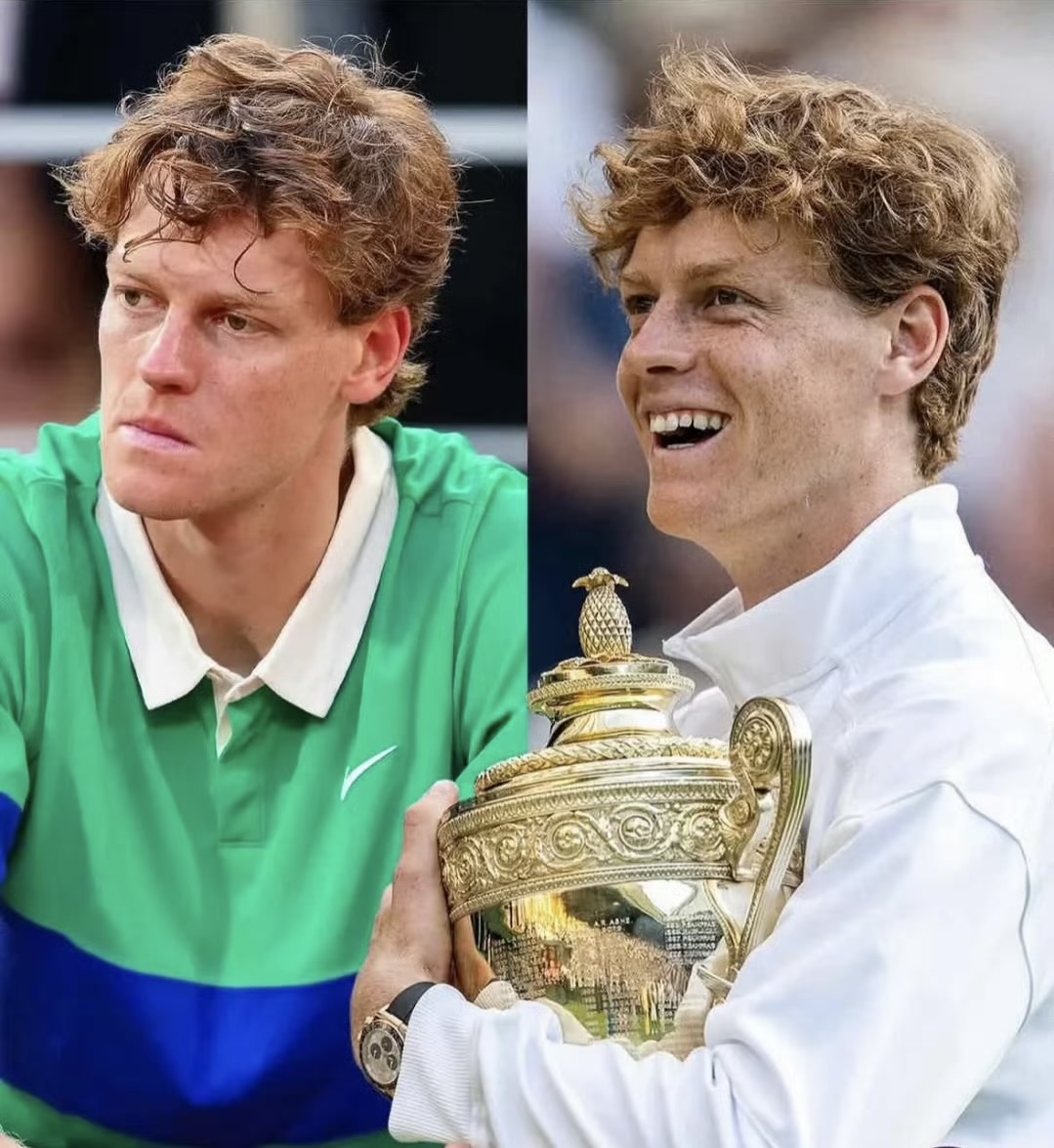
In tennis history, we have seen many types of champions: some flamboyant and dazzling, some silent and resilient, some lost in fame and fortune, others broken under pressure. Sinner has chosen a simpler yet tougher path: no matter how many honors he wins or storms he faces, he remains the boy from Sesto, the son of a chef and a waitress.
“I believe that returning home at crucial moments to see the people I love is very important.”
Perhaps it is this ability to “remember to go home” that keeps him calm at the world’s peak and composed in the eye of the storm.

The lights of New York are about to shine for him, yet we know: no matter the outcome, he will ultimately return to that mountain road in the Alps. Because that is where Jannik Sinner’s true beginning and home lie.(Source: Tennis Home Author: Mei)







 Links
Links
 Contact
Contact
 App
App


